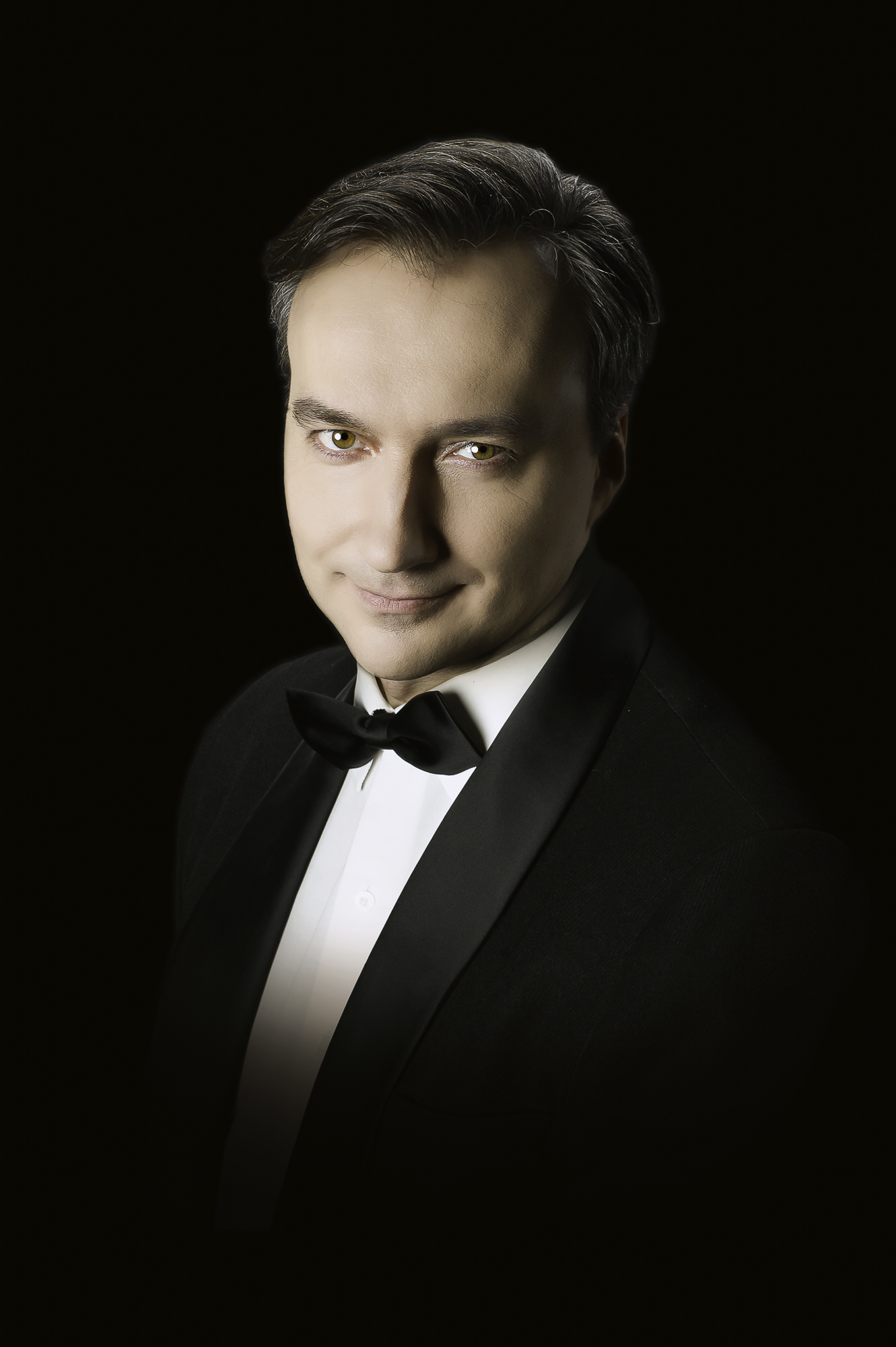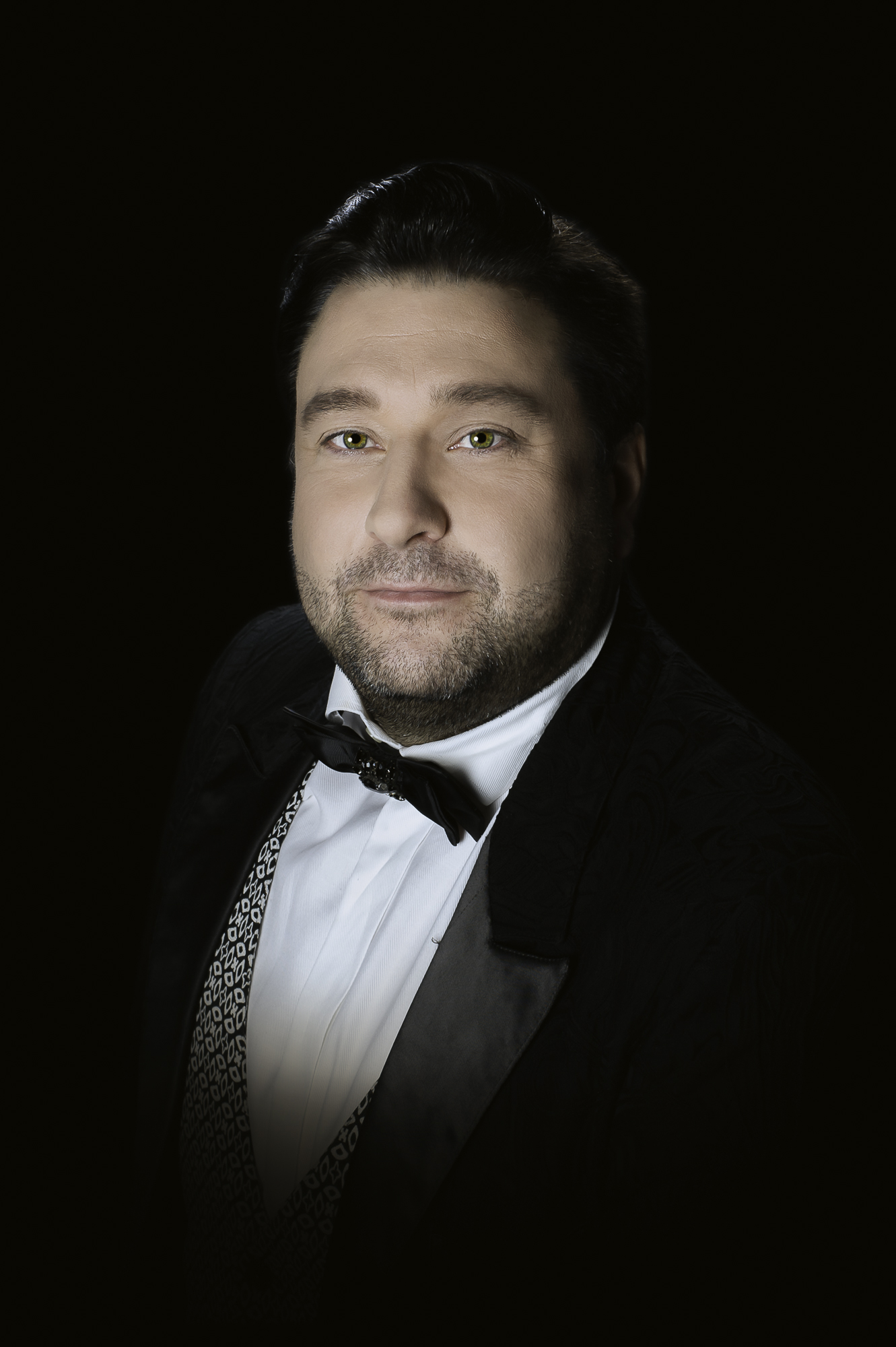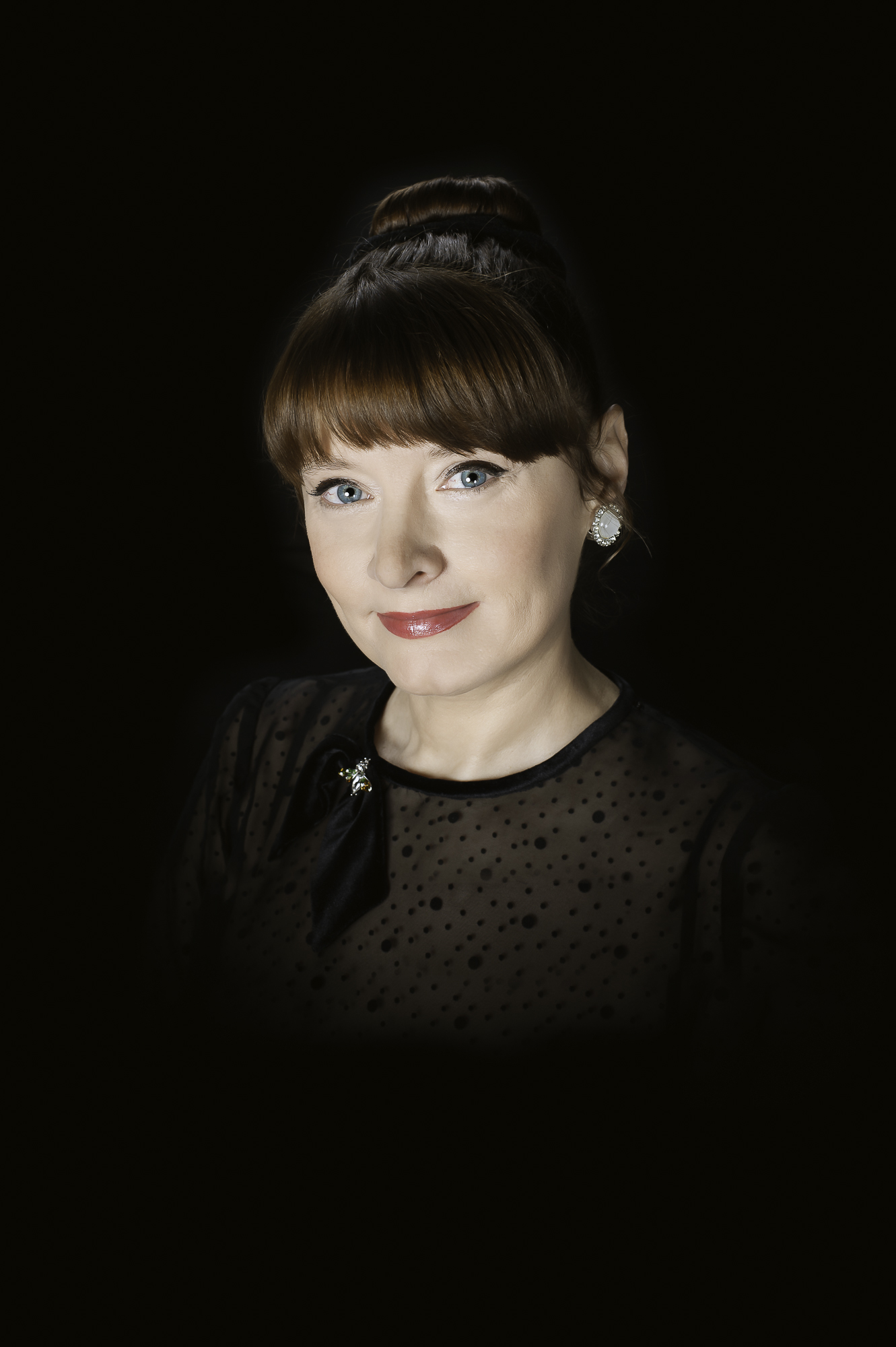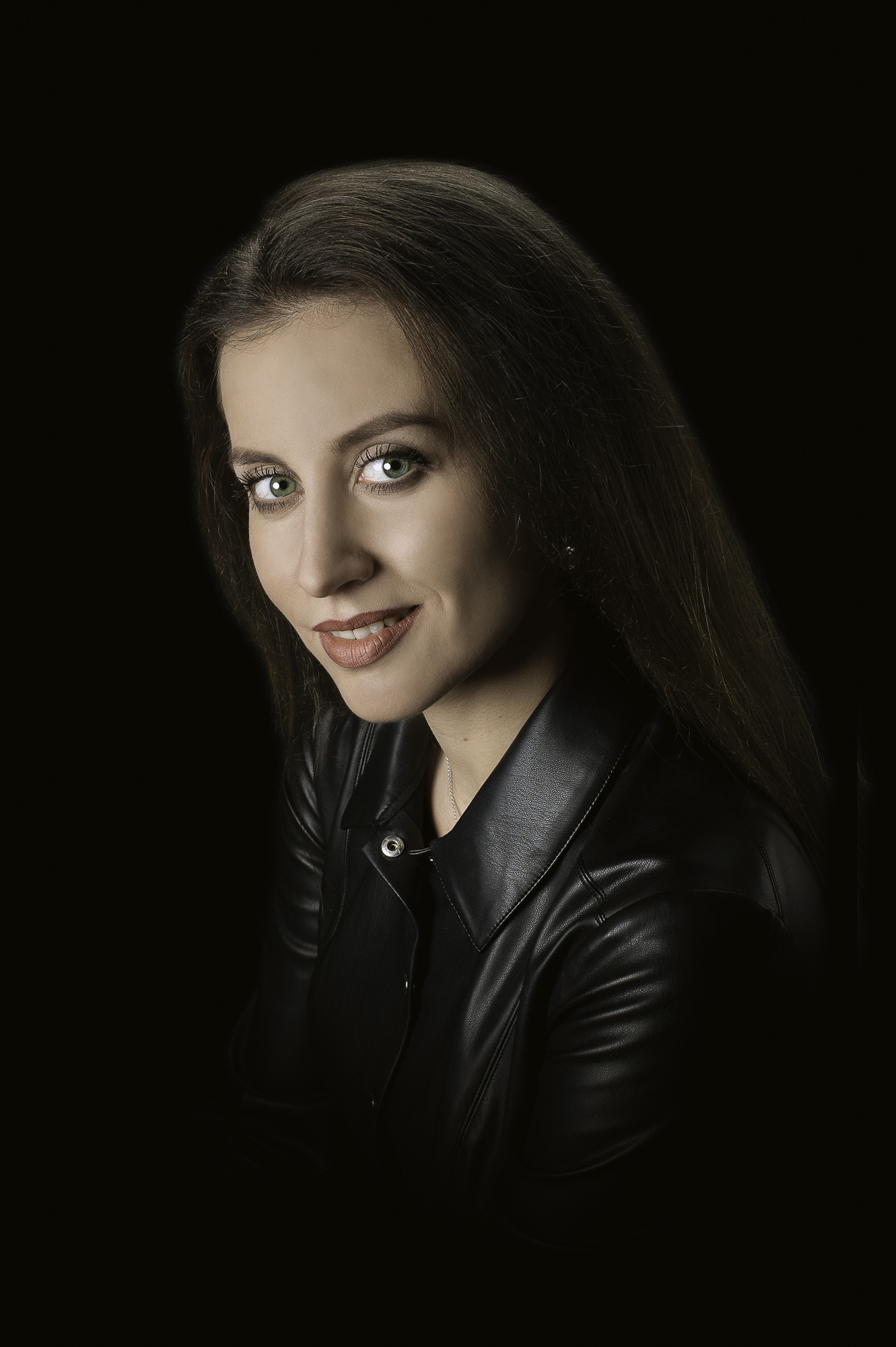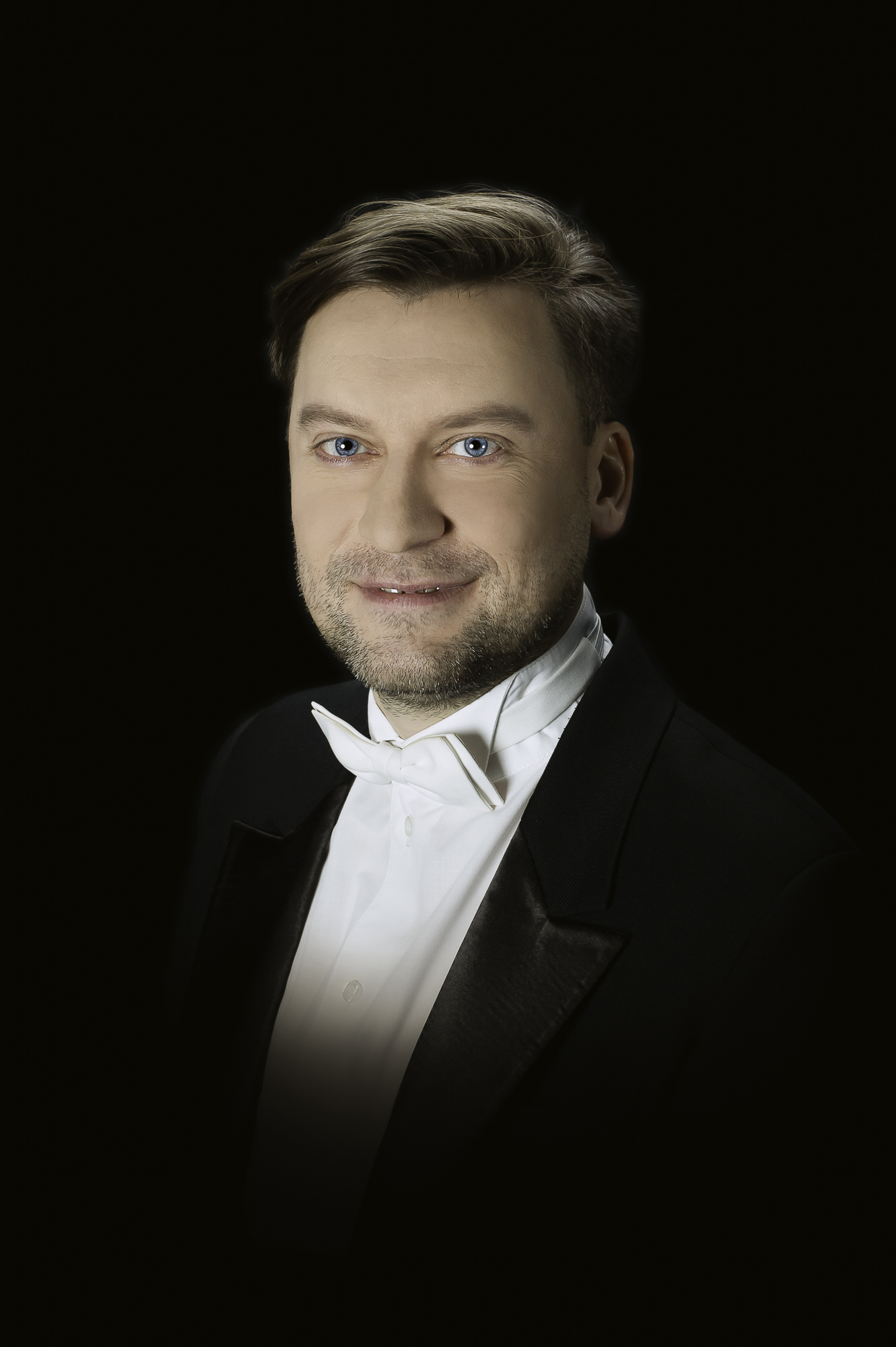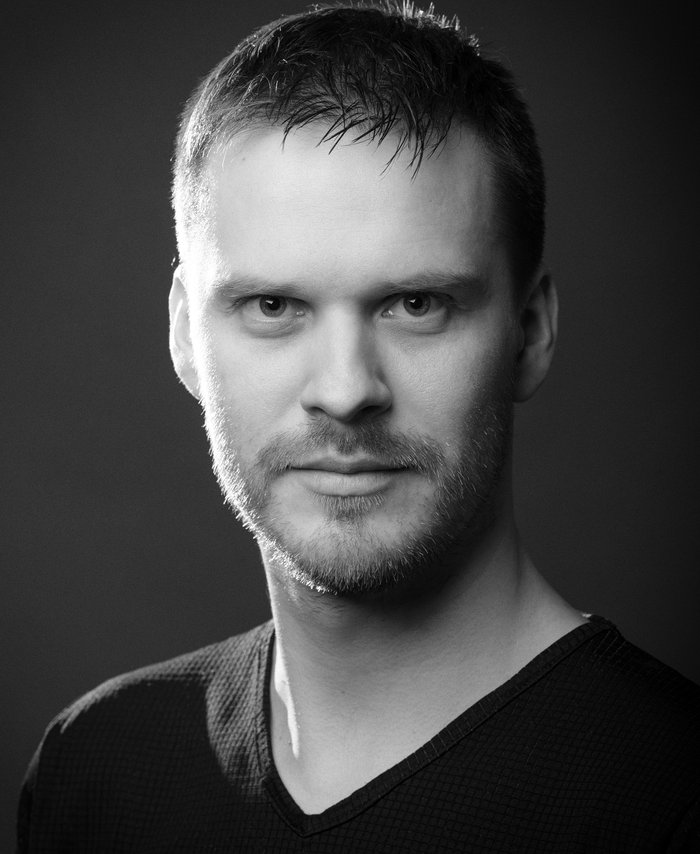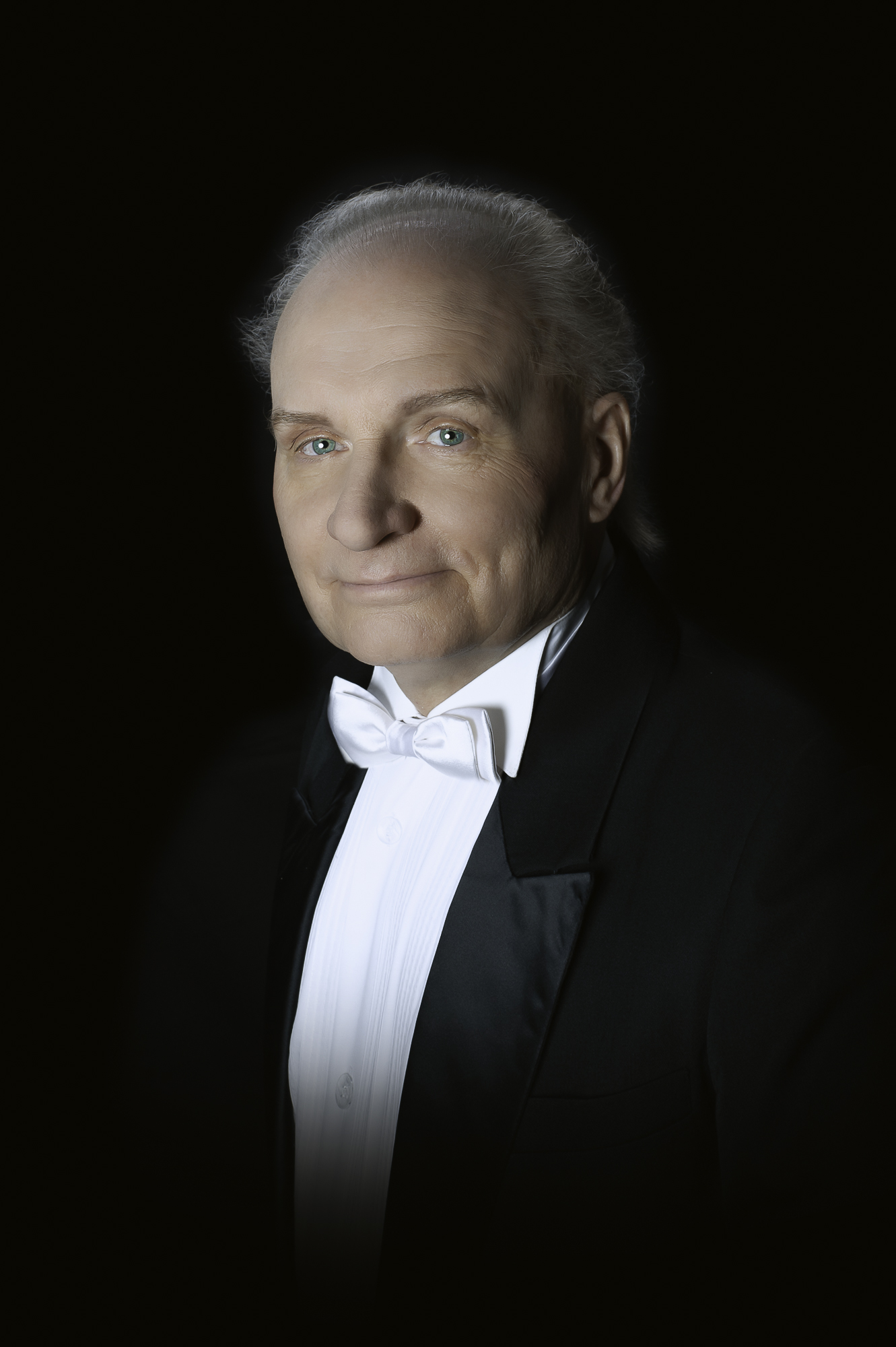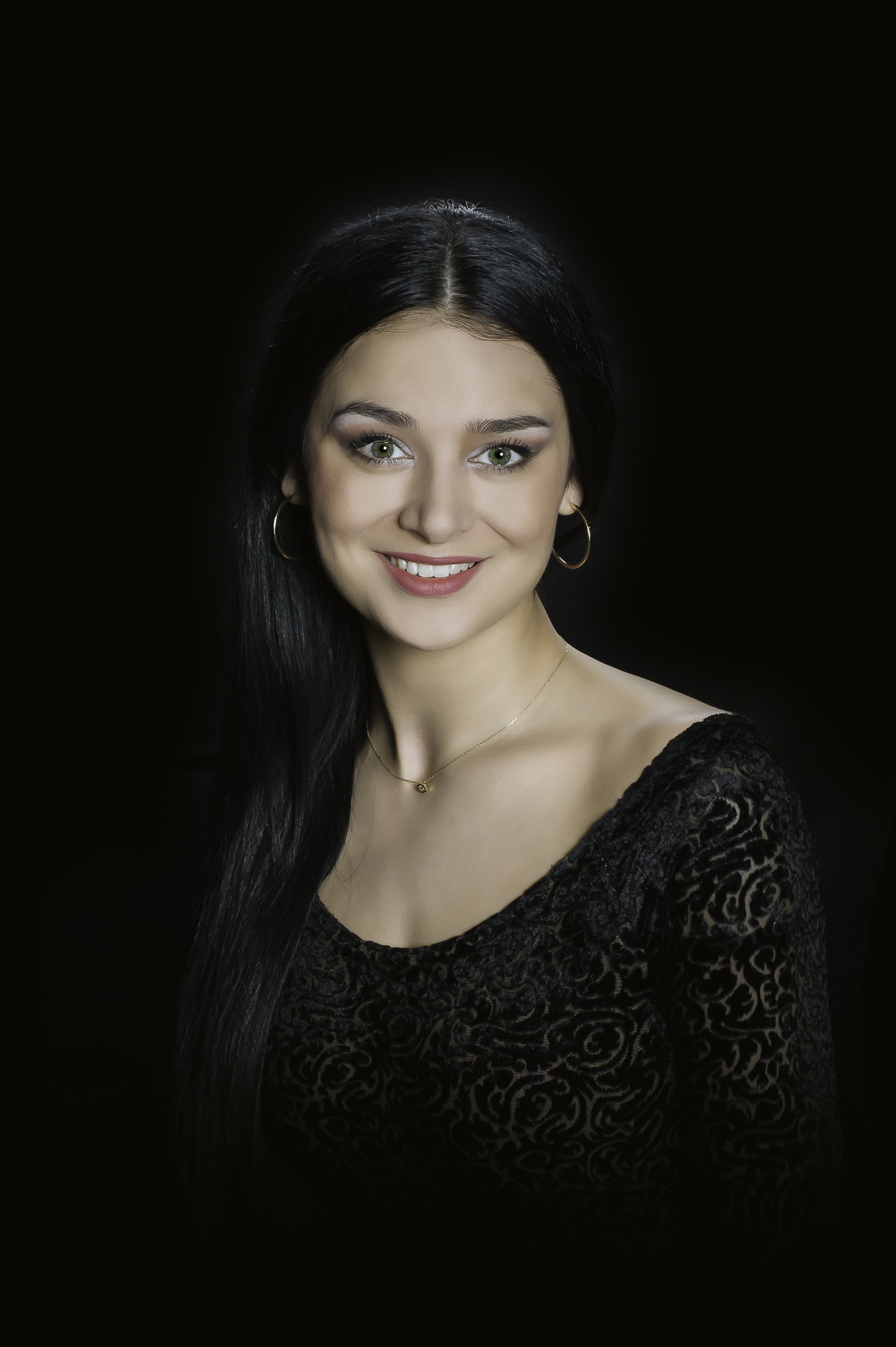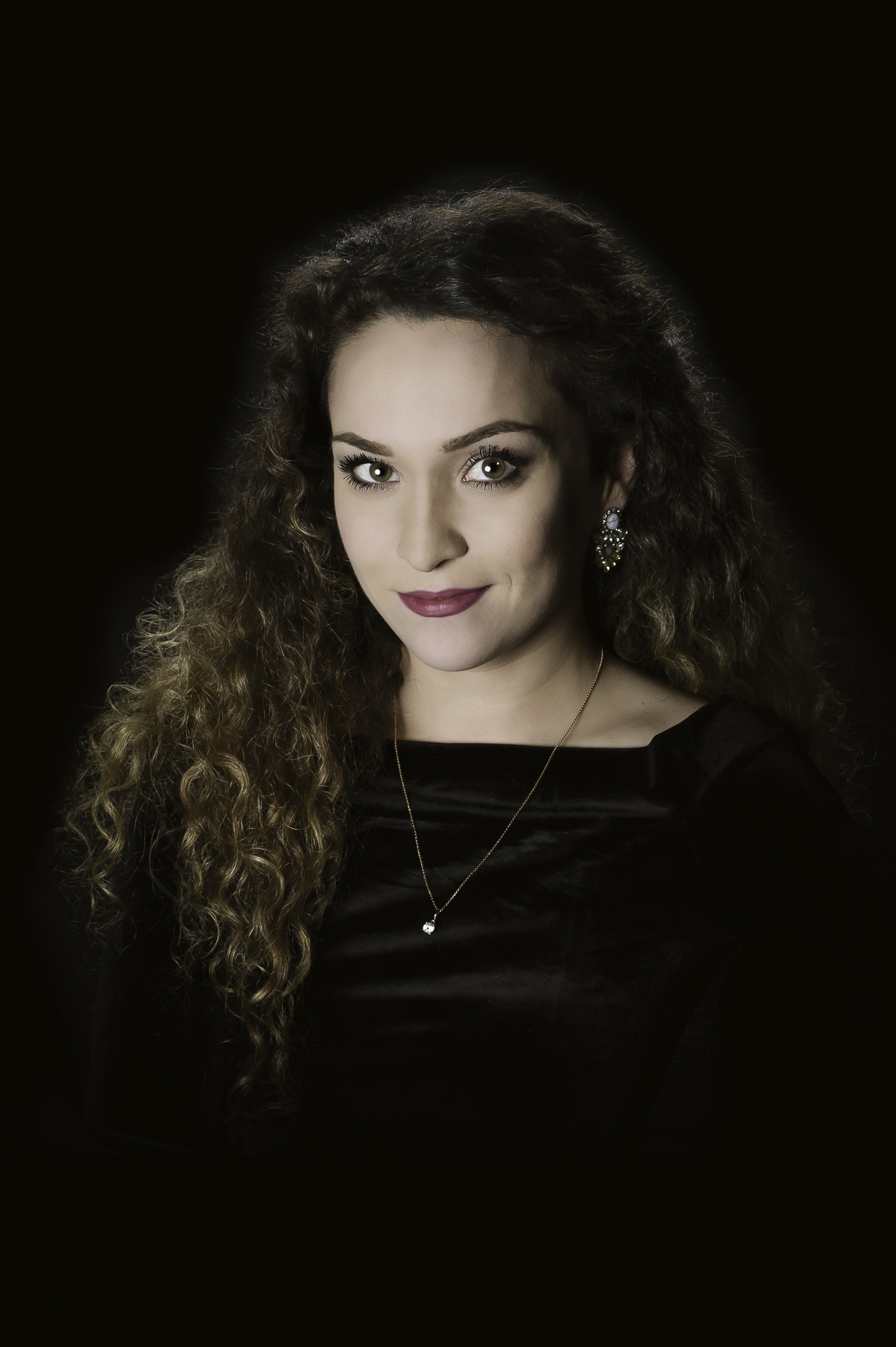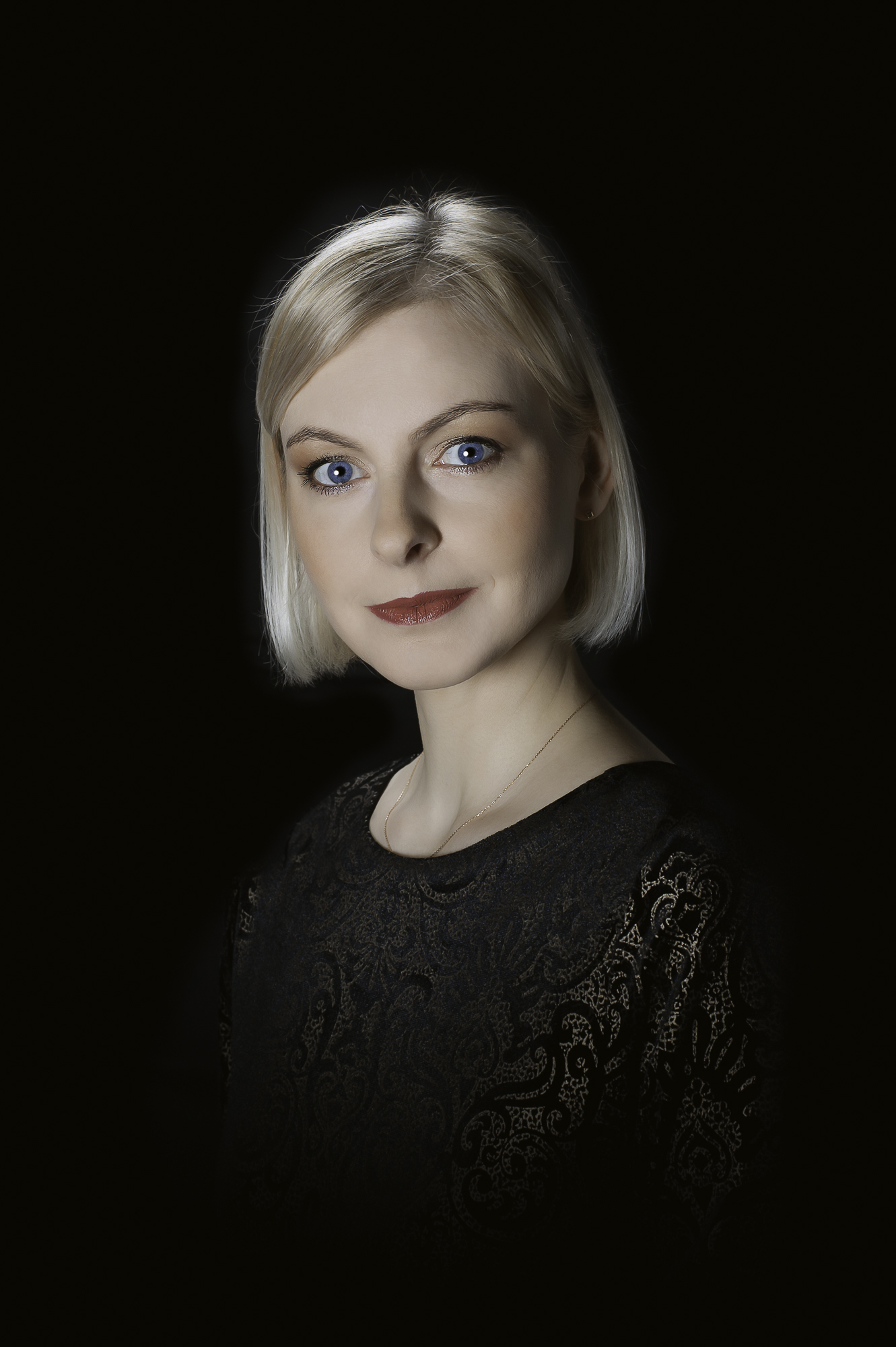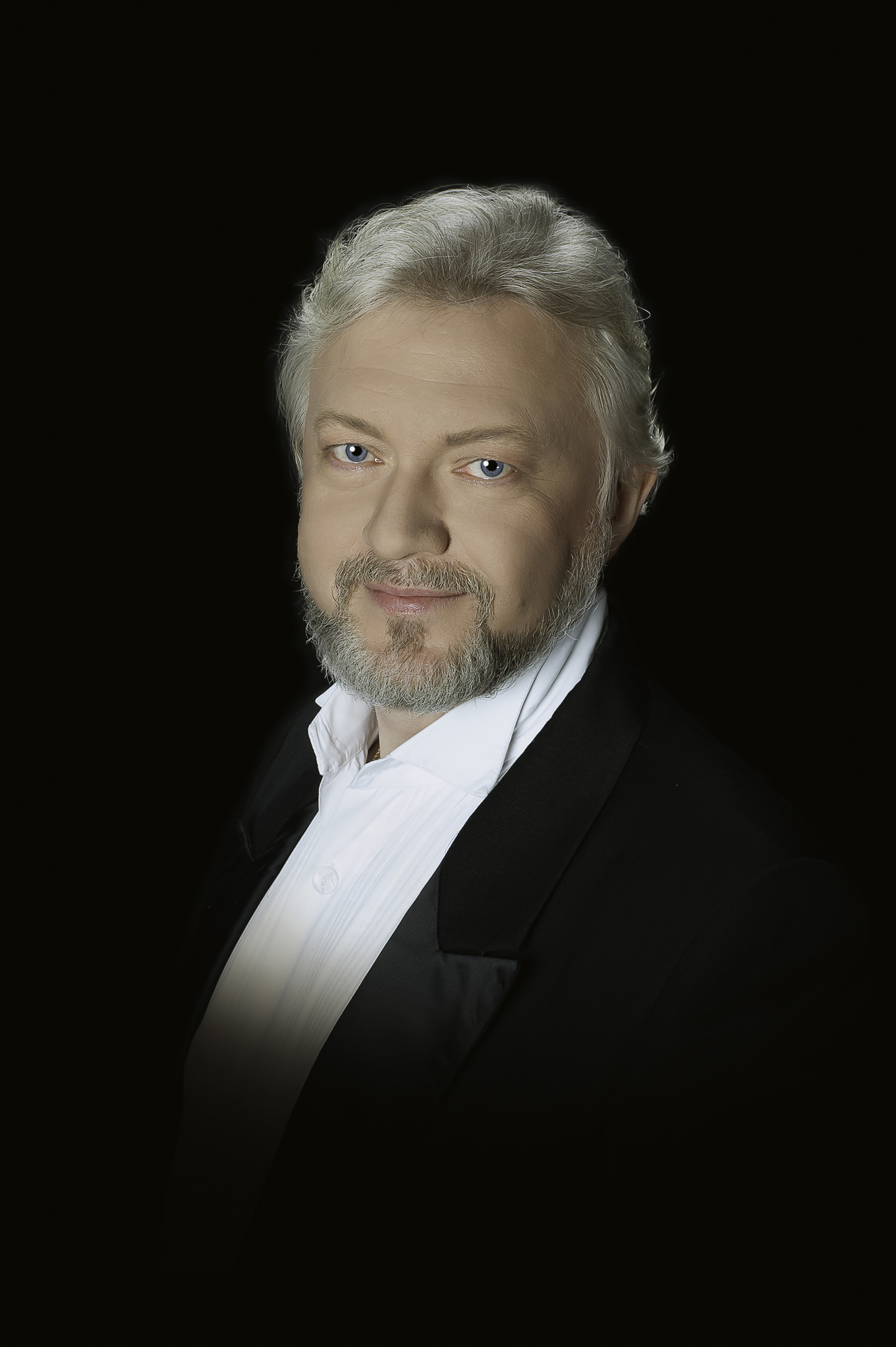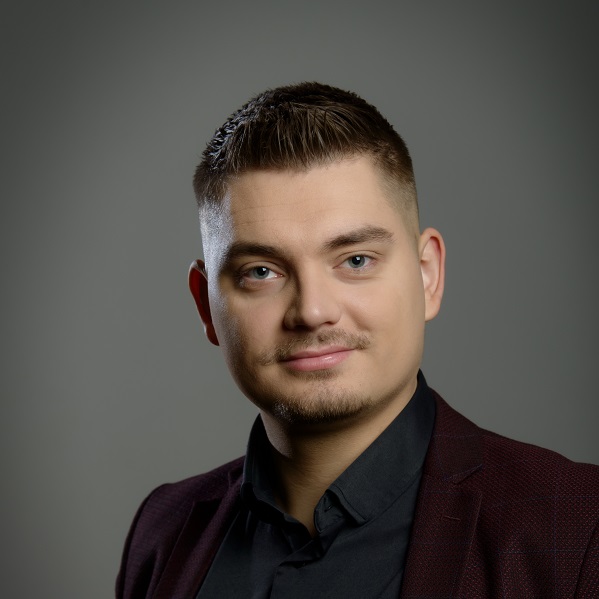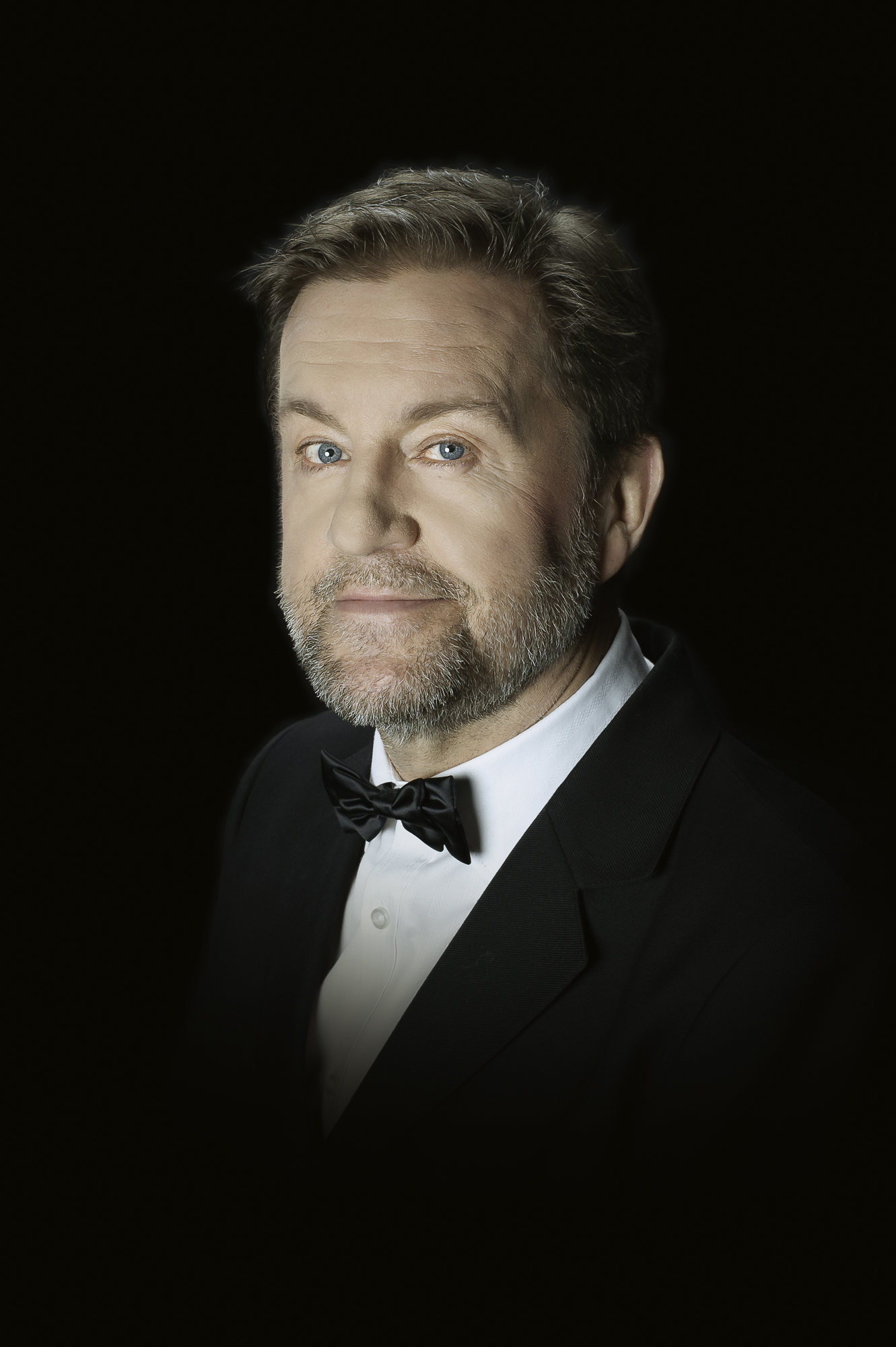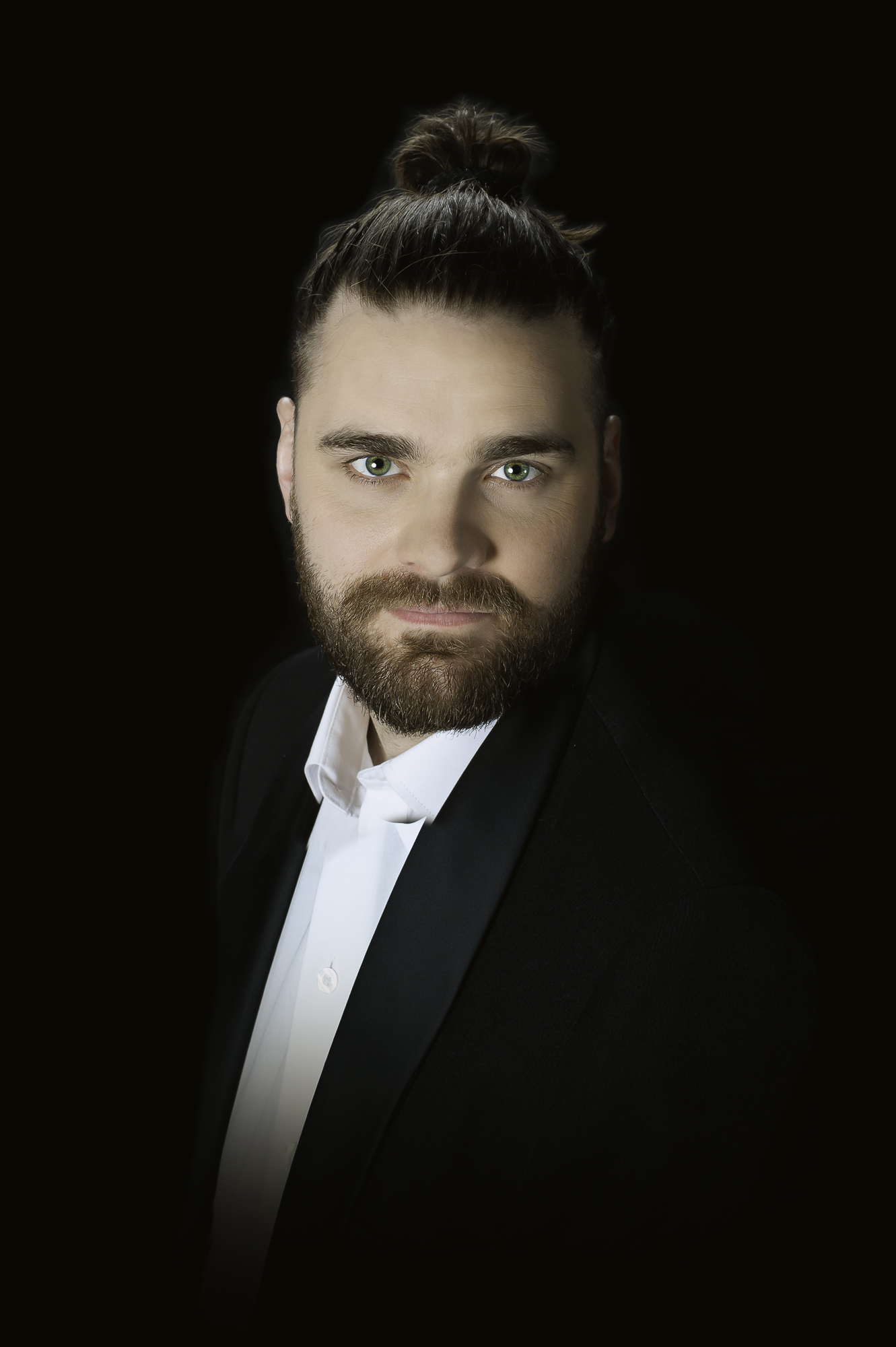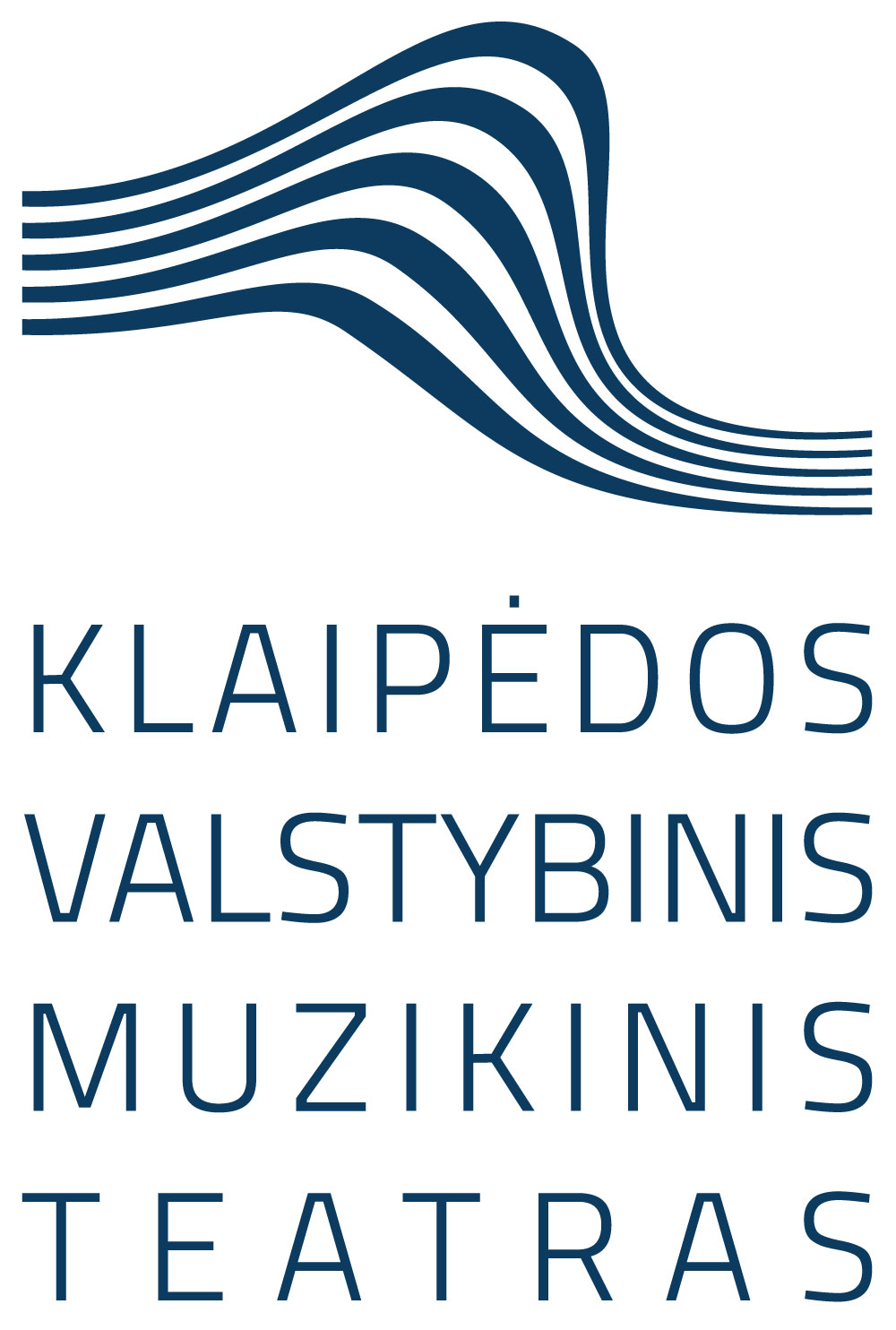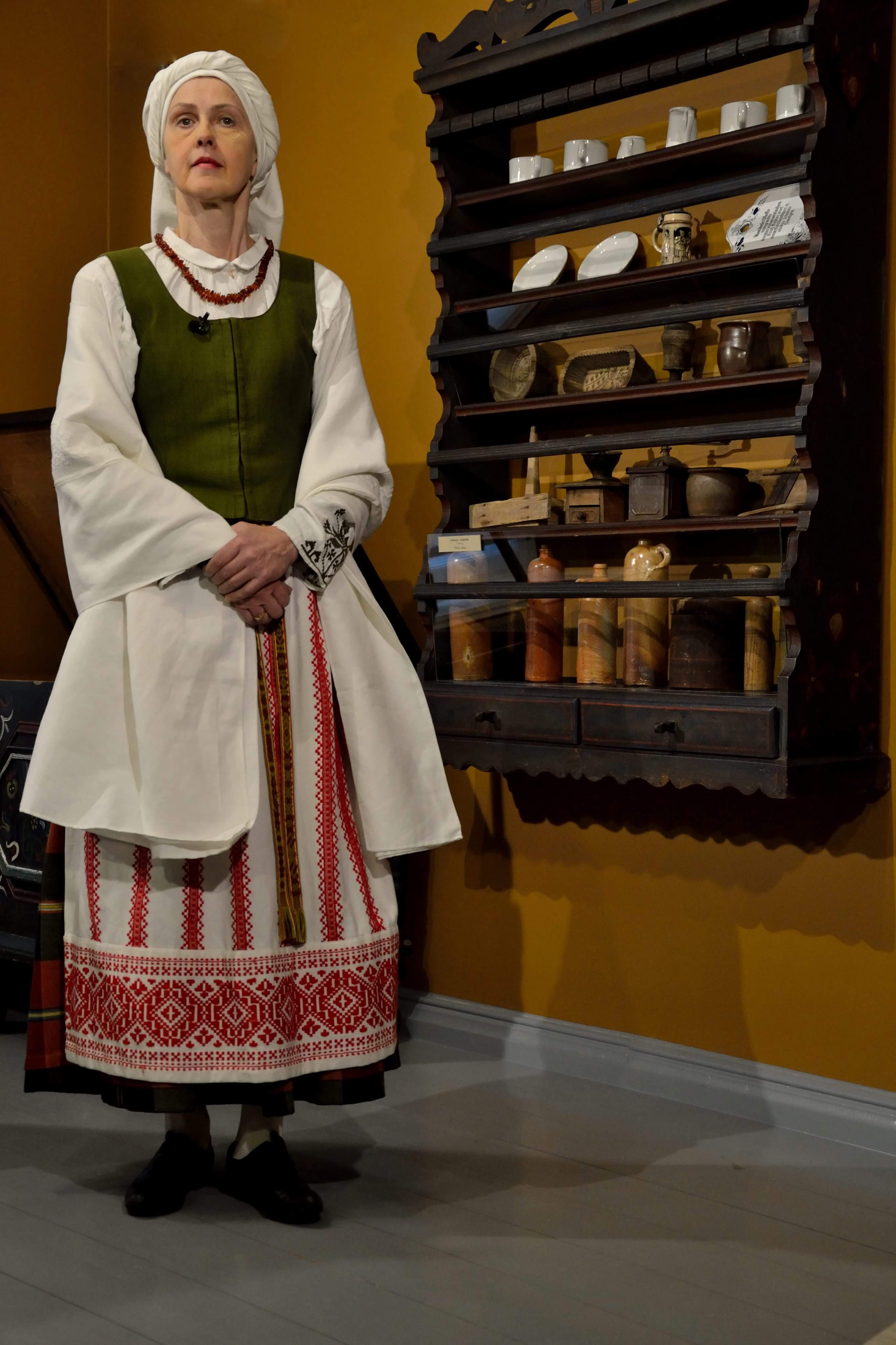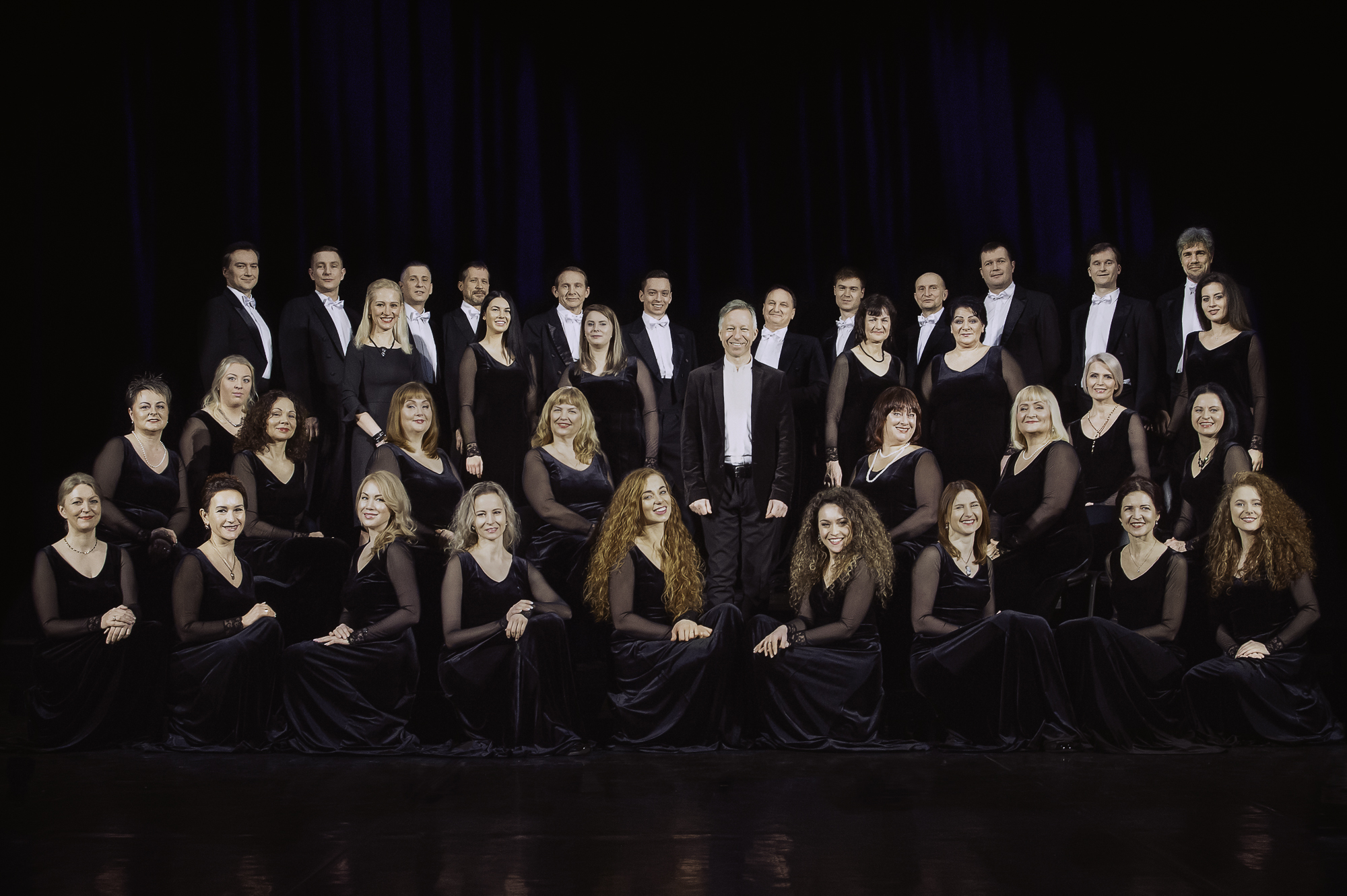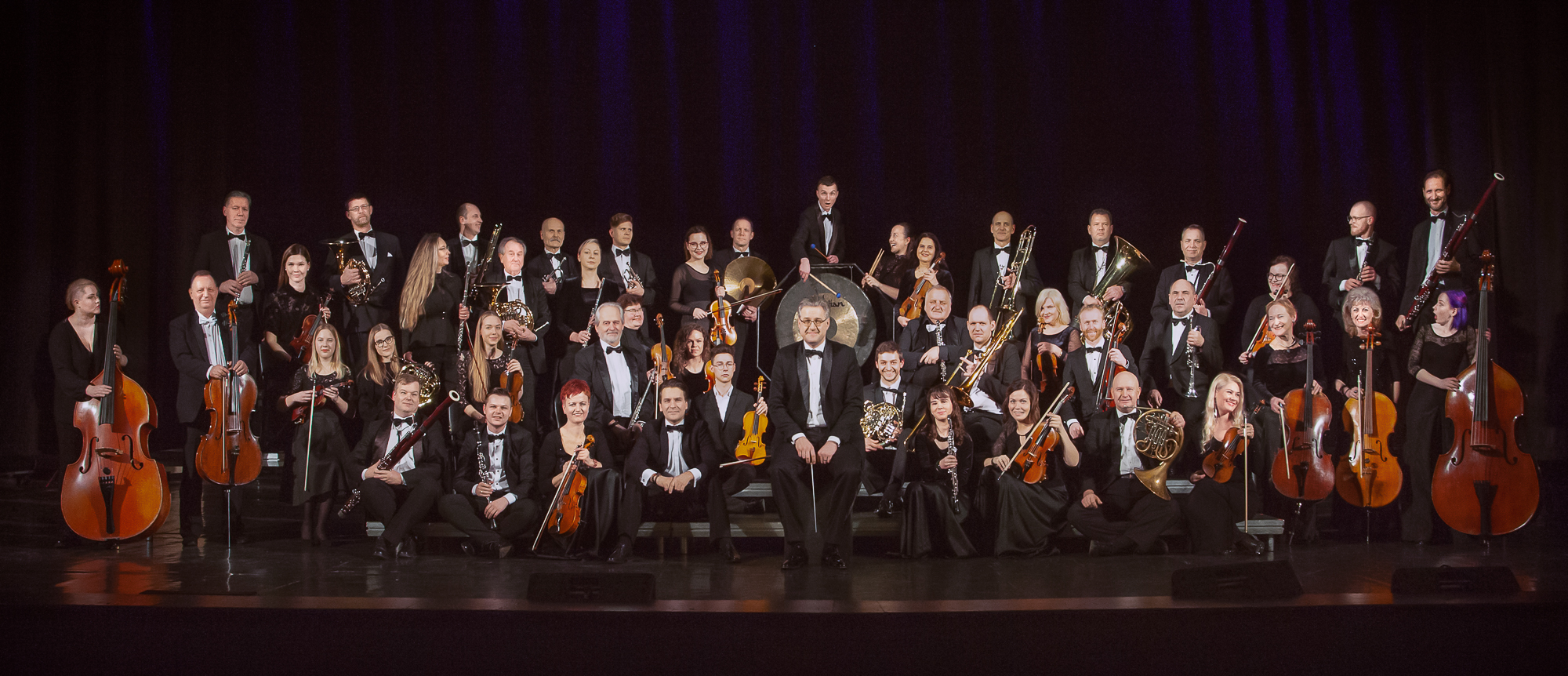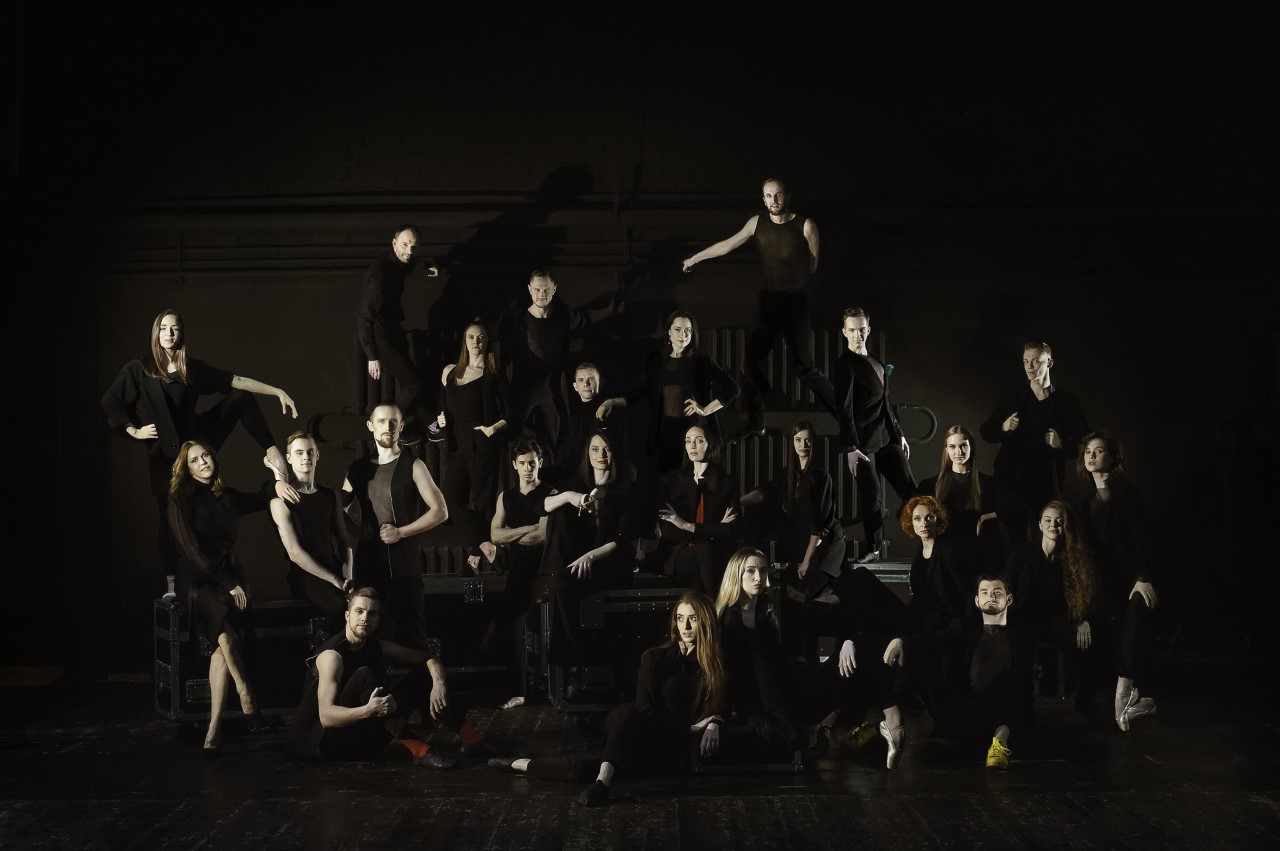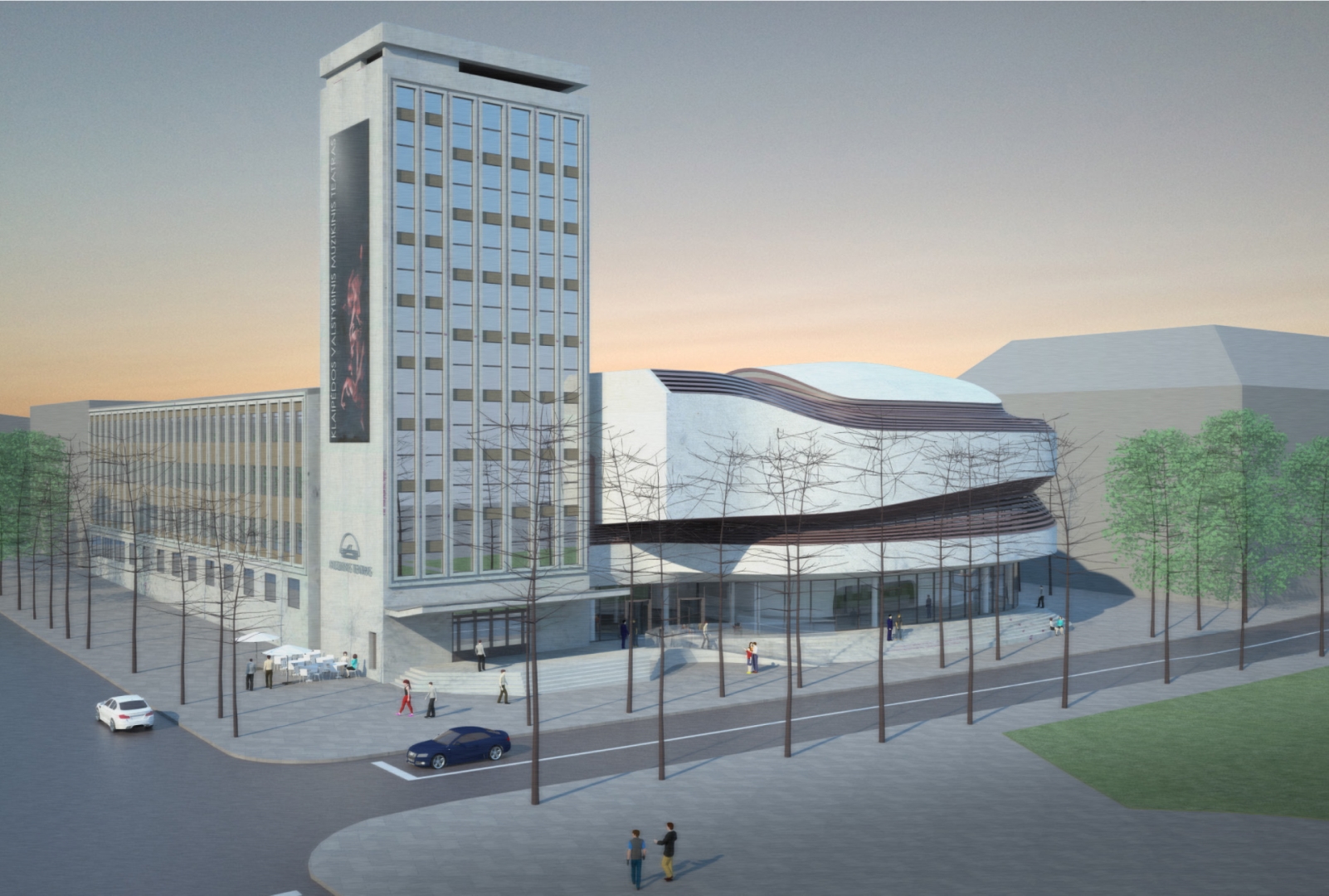An opera of stories in 3 acts (performed without breaks)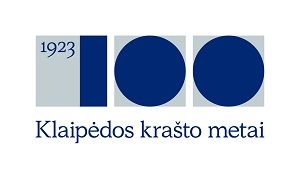
Libretto by Arvydas Juozaitis
To celebrate the 100th anniversary of the annexation of Klaipėda to Lithuania in 2023, the Klaipėda State Music Theatre commissioned four Klaipėda-based composers to create an opera that would bring to life the century-old events, the aspirations of the Prussian Lithuanians who were native to the Klaipėda Region and the Lithuanians who came to help them achieve this historical reunion, as well as the unique spirit of place and time. According to the philosopher and writer Arvydas Juozaitis, who penned the libretto for this opera, the stories developed in all three acts of the opera revolve around three fundamental concepts that shaped the history of the Klaipėda Region – outstanding personalities, religion and language.
In the first act, we meet the first seven of the opera’s large cast of characters. Among them are such well-known historical personalities of Lithuania Minor as publisher, activist of the Lithuanian national movement and Chairman of the Committee for the Salvation of Lithuania Minor, Martynas Jankus and his daughter Elzė, evangelical priest Vilius Gaigalaitis, former book bearer and Lithuanian counterintellingence agent Jonas Polovinskas-Budrys, writer Ėvė Simonait (Ieva Simonaitytė) and her sister Ėtmė. At the end of the action, the goal of the reunification of Lithuania Minor with Lithuania proper is established. All this takes place on Christmas Eve, in the village of Lithuania Minor. “Everybody is looking forward to the holiday, so the music is mostly light, set in major key, hopeful,” said Loreta Narvilaitė, the composer of the first act.
The second act begins on 6 January 1923, during the feast of Epiphany. On that day, Ernestas Galvanauskas, Prime Minister of the Republic of Lithuania, Vincas Krėvė-Mickevičius, writer and civic activist, chairman of the Riflemen's Union, philosopher Vilhelmas Storosta (Vydūnas), and the nominal political leader of the Klaipėda uprising, Erdmonas Simonaitis, meet to discuss a plan for the annexation of Klaipėda. The next scene shows Gabriel Jean Petisné, Prefect of Memel, and his wife Mme Petisné. The woman does not hold back her anger at the circumstances that have pushed her into the ‘backwater of Europe’ and blames her husband for everything, but Petisné remains faithful to the idea of a European mission in post-World War I Memel dispute. Against the backdrop of this ‘domestic drama,’ a squad of French soldiers is ready for battle... The next episode takes place in a church filled with civilian Lithuanian soldiers in disguise, also preparing for battle. When the French enter the church, the atmosphere heats up and the drama of the situation reaches its climax at the very end of the act. “This theme is very interesting to me because of its historical uniqueness and, of course, because I have been a long-time resident of Klaipėda, I am familiar with the ethnic and church music of this region, and most importantly, this music has become close to my heart in some way,” said composer Vladimiras Konstantinovas about the musical inspirations for the second act.
The music for the third act of the opera is composed by two composers and sound artists Kristijonas Lučinskas (Driezhas) and Donatas Bielkauskas (Donis), both of whom have been living in Klaipėda for several decades. Their scenes combine live orchestral sound with a pre-recorded electronic music soundtrack. According to Lučinskas, it will also feature the city itself: “it's all sorts of local sounds around us and even vibrations that we don't normally hear, but we can pick up with special microphones.” Using new sound production and processing technologies, the two artists are using diverse acoustic material to create the multi-layered musical fabric of the opera's third act. Bielkauskas, who is interested in contemporary opera trends, said that he avoided the pathos often associated with the jubilee celebrations and relied on a more subjective assessment of historical events: “I would like this opera of stories to encourage the audience to look at the uniqueness of our region not only when commemorating a significant event for Lithuania, but also to understand the multi-layered experience of the everyday life of the people who lived here and their hopes.”
Sponsor of the opera premiere

1922 Christmas Eve in the Lithuanian village in East Prussia. The region is under the rule of the French administration, which, together with the German government of Memellanders, puts pressure on Prussian Lithuanians.
ACT I
Scene One. The house of printer Jankus. He and his eldest daughter Elzė are preparing for the village assembly at a Christmas Eve dinner. Jankus is printing a greeting-proclamation for the gathering; Elzė is dressing up as if for a hen party. Jankus prepares for the Christmas Eve dinner as if it were the beginning of a ‘new era,’ making it clear that he knows what is to happen. The village gathering awaits the visit of the Prussian Lithuanian priest and politician Gaigalaitis.
Scene Two. Katrė, Jankus’s foster daughter, who grew up with Elzė, appears. She announces that all has been prepared for Christmas Eve at the home of Ėtmė Simonait and her daughter Ėvė; everyone from the village and the priest are eagerly awaited. Jankus gives her the proclamation he has just printed for Gaigalaitis, to be read after his sermon, and sets off for the Simonaitis’s house.
Scene Three. A living room in the house of Ėtmė Simonait. Christmas Eve dinner is ready. Ėtmė and her daughter Ėvė are discussing an approaching event: it is not for the first time that the village will gather in their house for Christmas Eve dinner, but it an unusual event because it is to be a Lithuanian evening, which is not a common occurrence for any of the women.
Scene Four. Ėvė, who has gone out to look up at the vault of heaven, returns to the living room with an uninvited guest. This is Jonas Budrys, who has come from Lithuania proper. He is welcomed with certain reluctance, because the hostess, Ėtmė, does not expect anything good from Lithuania. Meanwhile, Ėvė greets the stranger out of sheer curiosity. The stranger claims to have brought good Christmas news and pulls out Vydūnas’s song Lithuania, dear country. The village community rushes into the living room, singing the Christmas song O Tannenbaum in German.
Scene Five. Budrys, undisturbed by the crowd and the German carol, begins to sing Lithuania, dear country again. He is joined by Katrė and Ėtmė. Then the whole village joins in.
Priest Gaigalaitis appears. He blesses the congregation and starts conducting the choir.
Gaigalaitis recognises Budrys, even though he has a beard, and they chat. Jankus approaches. All three of them utter the slogan-password “Lithuania Minor is ours.”
ACT II
Scene Six. Three Kings’ Day. A council “under the vaults,” attended by Galvanauskas, Krėvė, Vydūnas and Simonaitis. The men have to decide the date of the battle for Memel. Vydūnas speaks as a savant of the Lithuanian soul who understands the mentality of his people. He does not imagine taking Klaipėda by force of arms. Krėvė, representing the Riflemen’s Union ready to fight, is determined to launch an attack immediately. Simonaitis agrees. Galvanauskas, as head of government, has to take a decision. Vydūnas finally agrees to take action. He and Simonaitis leave.
Scene Seven. Budrys enters – an intelligence officer who has brought the latest news about Lithuania’s preparations for the assault on Memel. Once again Krėve demands an immediate attack on the French. Meanwhile, Galvanauskas, as head of the Lithuanian government, appoints Budrys as commander-in-chief of the military operation. The action is to be called the “Song of Klaipėda.”
Scene Eight. Memel, Market Square. French troops in formation. To the sound of La Marseillaise, the Prefect of Memel, Petisné, and his spouse receive the parade. The couple exchange grievances about life in a remote corner of Europe where the threats of Asia are constantly looming. Petisné accepts this as his duty; his wife sees no point. They get into an argument.
Scene Nine. A church in Memel. Priest Gaigalaitis finishes the service. The church is full of Lithuanian soldiers in disguise. Jankus enters with two bundles of proclamations. Elzė Jankutė, Katrė, and Ėtmė somewhat apart. Katrė is excited, she suspects who her real father is. Without revealing his secret, Jankus gives the girls the task of carrying the proclamations around the city. The girls happily take on the job and set off into the city.
Scene Ten. Gaigalaitis reads the proclamation from the pulpit. Budrys and Simonaitis enter. The men discuss circumstances of the uprising and preparations for the attack.
Scene Eleven. A squad of French soldiers, led by Petisné, enters the church. He is ready to arrest Simonaitis and Gaigalaitis. He is forced to argue with the priest on the issue of governance. Meanwhile, Budrys, surrounded by Prussian Lithuanians, who have drawn their weapons and tied the rebels’ armbands, escapes past the French. Simonaitis and Gaigalaitis get arrested and taken away.
ACT III
Scene Twelve. A snow-covered field at dusk. The towers of the city’s churches emerge in the distance. A detachment of Lithuanian riflemen. A volunteer soldier and Budrys; the commander of the squad Bajoras appears. The rebel commander Bajoras leads the squad to the city centre.
Scene Thirteen. St. James’s (Laukininkai) Church in Memel. The church is crowded with people, among them rebels in disguise. Jankuvienė and Ėtmė, torn by anxiety, are talking about the coming battle. They are worried by the reckless participation of Katrė and Ėvė in the city’s events. Budrys and Simonaitis turn up. Budrys is looking for Katrė.
Scene Fourteen. People in the church are waiting for the priest, but he is not there. Budrys goes up to the pulpit and informs the community that this is the eve of a great turning point. He reads a proclamation. As he finishes, Katrė suddenly rises to the pulpit.
Scene Fifteen. Katrė falls on Budrys’ chest and he finally admits that she is his daughter. A dramatic outburst of feelings and a dialogue between father and daughter ensues. In front of everyone, in the presence of everyone. Priest Gaigalaitis enters. Budrys and Katrė have to separate. Budrys leaves surrounded by rebels. Katrė runs off, accompanied by Ėvė.
Scene Sixteen. Theatre square. A battle is fought at the Prefecture. Girls are wandering from one group of soldiers to another. A white flag is being waved through the window of the Prefecture. The battle is won. Katrė climbs on top of Ännchen’s statue and sings the “Klaipėda Song.” She is hit by a bullet. Ėvė takes her place and continues the song. The flags of Lithuania proper and Lithuania Minor fly in the balcony of the theatre. Ėvė reads the slogan: “We are one nation, one land, one Lithuania.”
